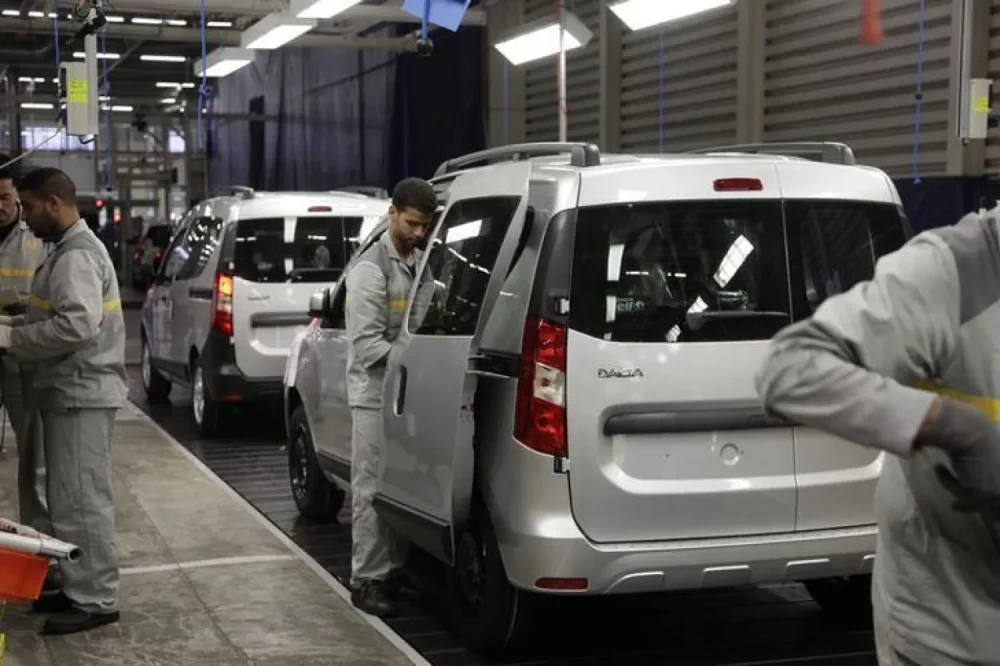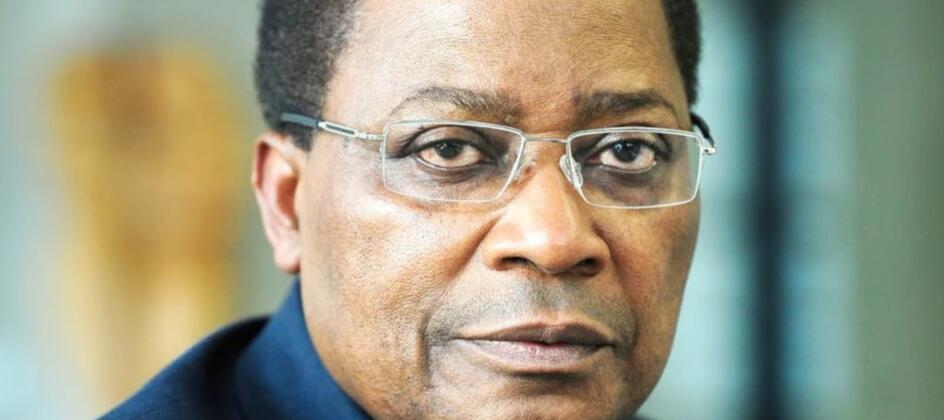Senegalese companies are steadily carving out a strong economic footprint in Mauritania, a development that signals a quiet but strategic shift in West African regional integration. The latest in a series of power infrastructure contracts saw Entreprise de Travaux Moderne (ETM), a prominent Senegalese engineering firm, team up with Turkish energy giant Astor Enerji to win a €6.72 million tender to install five 45 MVA transformers in Mauritania’s capital, Nouakchott.
This collaboration, under the auspices of Mauritania’s national electricity provider Somelec, reflects not only a growing trust in Senegalese technical expertise but also a deepening economic entanglement between Dakar and Nouakchott—countries with a complex shared history, common interests in energy and maritime resources, and an evolving diplomatic dynamic.
Bilateral or Multilateral? The involvement of Senegalese companies in Mauritania’s electricity sector is officially under a bilateral framework—business-to-government agreements facilitated by public tenders. However, the presence of non-African third parties, such as Astor Enerji (Turkey) and previously, Huizhou Zhong Cheng (China), indicates a quasi-multilateral economic cooperation model, albeit one driven more by pragmatic partnerships than formal institutional arrangements like ECOWAS.
Interestingly, Mauritania was a founding member of ECOWAS in 1975, but withdrew in 2000 citing concerns over the bloc’s direction. Yet despite no longer being a member, the country has maintained strong bilateral ties with West African states, particularly Senegal. Their joint venture in the Grand Tortue Ahmeyim (GTA) offshore gas project, for instance, is a flagship example of how energy needs and shared borders can foster functional regional integration outside formal structures.
Turkey’s role in this triangular cooperation is notable. Under President Recep Tayyip Erdoğan, Turkey has steadily increased its footprint in Africa, particularly in infrastructure, energy, and defense. Astor Enerji’s growing presence in West Africa through its Senegalese partner aligns with Ankara’s “Africa Partnership Policy,” which encourages Turkish companies to engage in infrastructure and energy development across the continent.
For Mauritania, partnering with firms from Senegal and Turkey brings both technical expertise and diplomatic diversification—a way to balance relationships between African neighbors and external global players. It also speaks to Nouakchott’s pragmatic approach in tackling its energy access deficit, with electricity coverage still limited in rural and peri-urban areas.
ETM and Astor Enerji aren’t new to large-scale energy projects. In Senegal, they jointly implemented major phases of the country’s electrification program, covering over 1,000 localities. Their selection for the Nouakchott transformer project follows a competitive bidding process that included four other international consortia. The new contract stipulates completion within eight months—a testament to the confidence Somelec has in their delivery capability.
ETM is not the only Senegalese company making waves in Mauritania. In 2022, Akilee, in partnership with Chinese tech firm Huizhou Zhong Cheng, secured a $32 million smart grid project to install 15,000 smart meters and a digital monitoring platform. These moves suggest a trend: Senegalese firms, often backed by strategic foreign partners, are pioneering West African technological expansion into Mauritania.
In the short term, these projects will enhance Mauritania’s electricity grid, improve transmission capacity, and potentially reduce power outages in Nouakchott—a key priority for a country seeking economic diversification beyond mining and fisheries. For Senegalese firms, this represents regional market expansion, opening opportunities for labor, supply chain development, and knowledge transfer.
The long-term implications are even more significant. The continued involvement of Senegalese enterprises in Mauritania could strengthen cross-border infrastructure links and promote economic interdependence—a practical form of integration that may pave the way for Mauritania’s reintegration into ECOWAS structures or similar regional cooperation mechanisms.
Moreover, if such trilateral collaborations with Turkey and other external players are handled transparently and strategically, they could counterbalance China’s dominant influence in the African infrastructure space, giving African states more leverage in choosing partners that align with their economic and geopolitical priorities.
Still, the expansion of Senegalese-Turkish interests in Mauritania is not without challenges. Local content policies, labor rights, environmental impacts, and governance transparency must be carefully monitored. There’s also the risk of dependency on foreign technology and capital, which could limit Mauritania’s long-term energy sovereignty.
The growing involvement of Senegalese companies in Mauritania’s economy—particularly in the energy sector—is a promising example of intra-African economic cooperation, bolstered by smart third-party partnerships. If these ventures are managed equitably and sustainably, they could become a model for regional development in West Africa.
As Mauritania navigates its unique position on the periphery of ECOWAS, these collaborations may well redefine its economic trajectory—and rekindle its role in the broader West African project.




